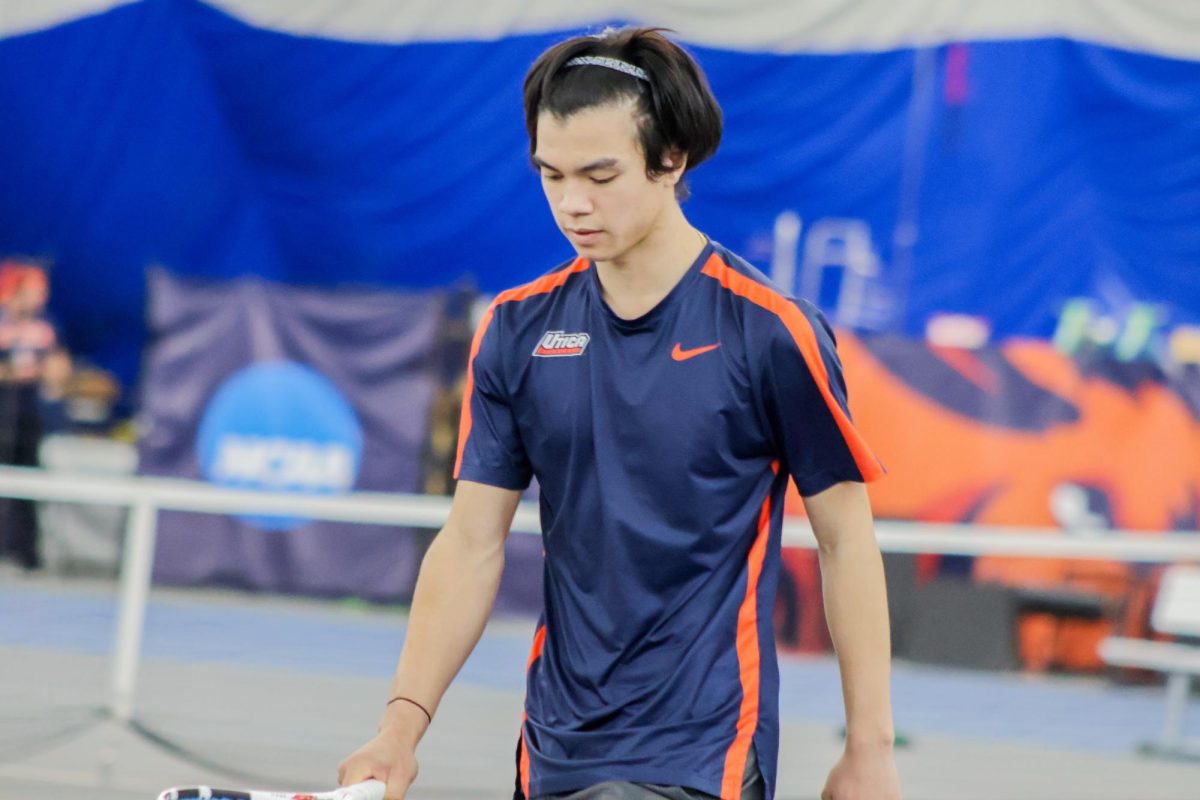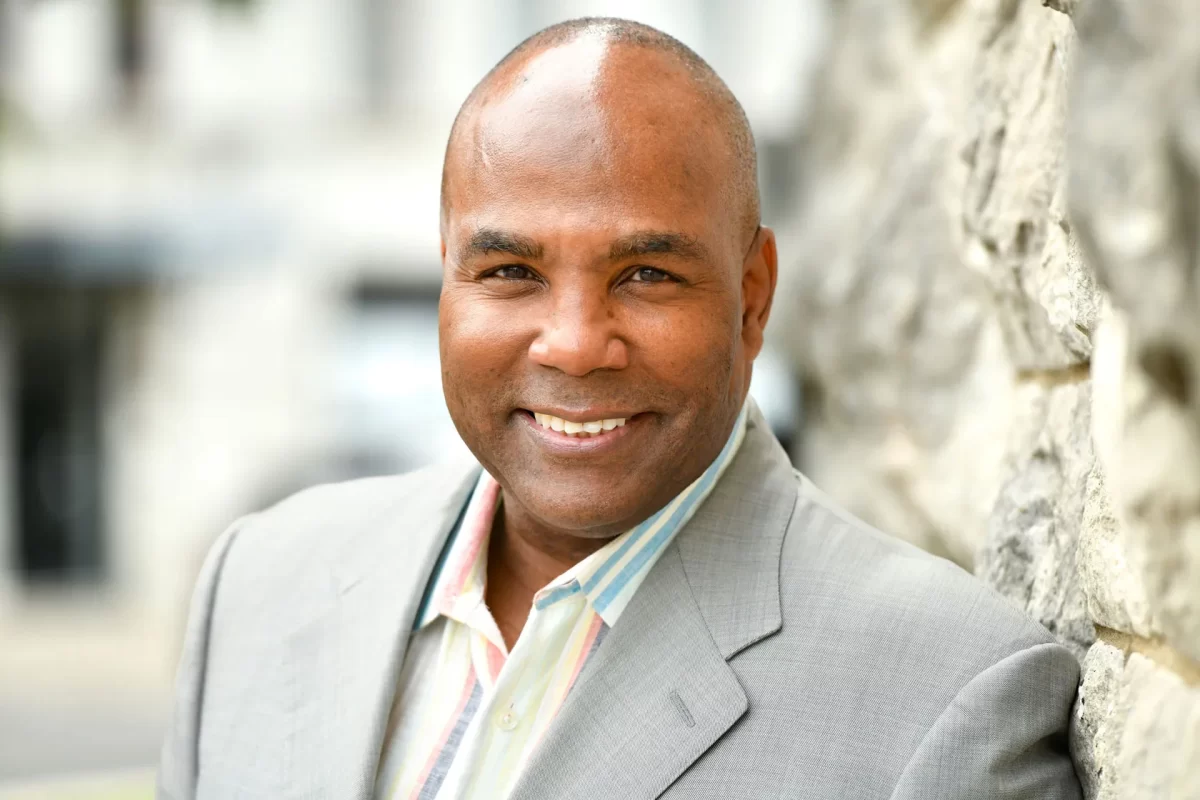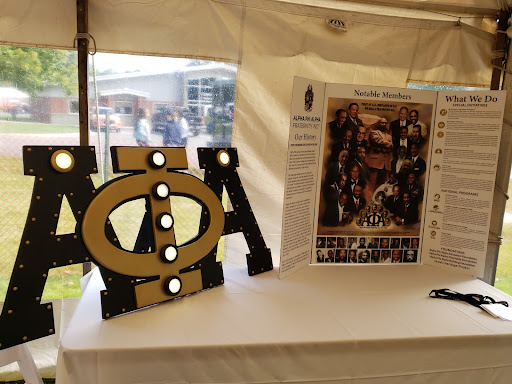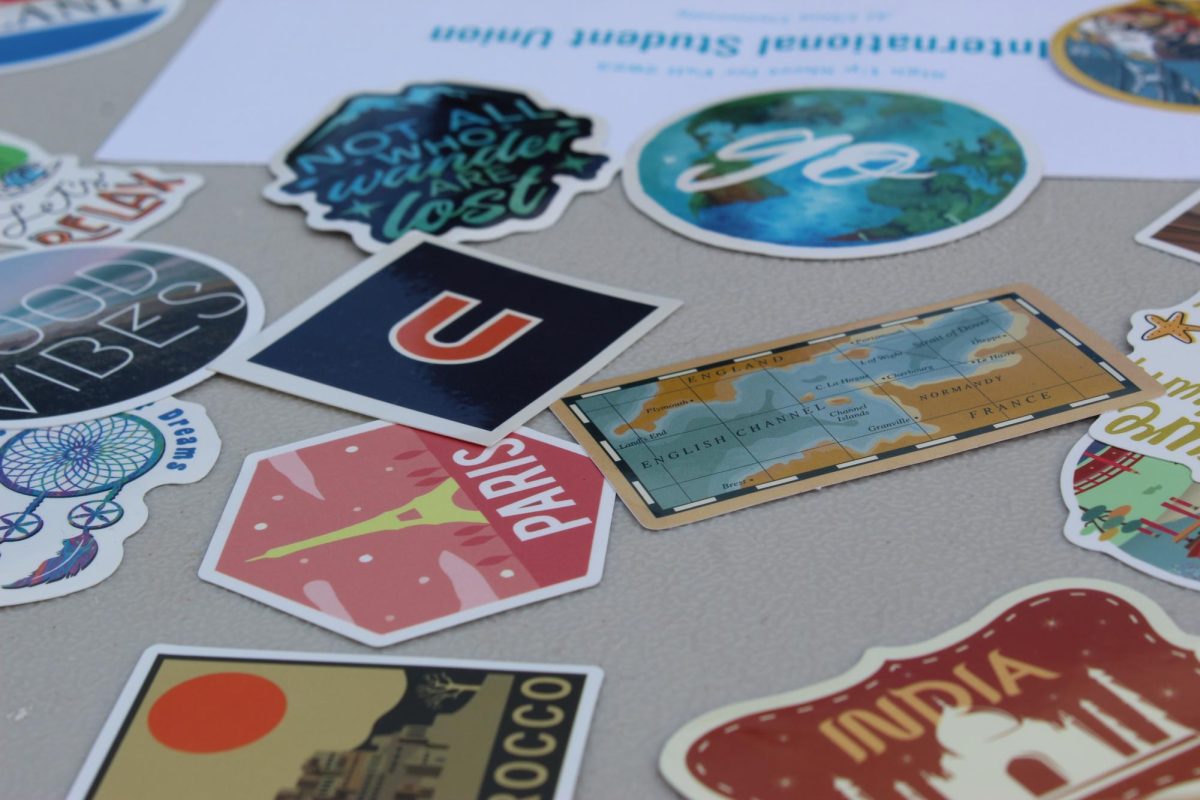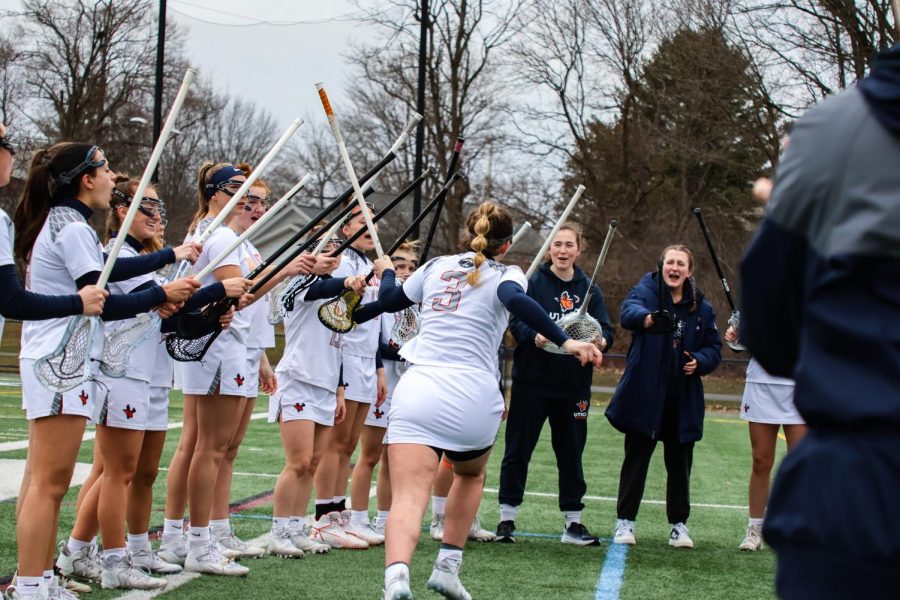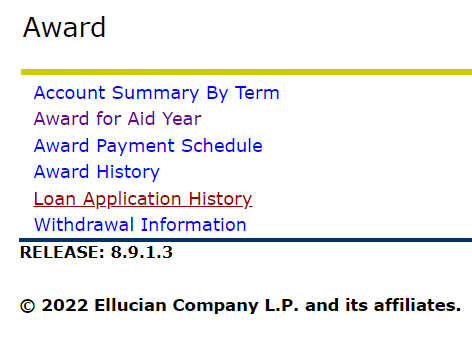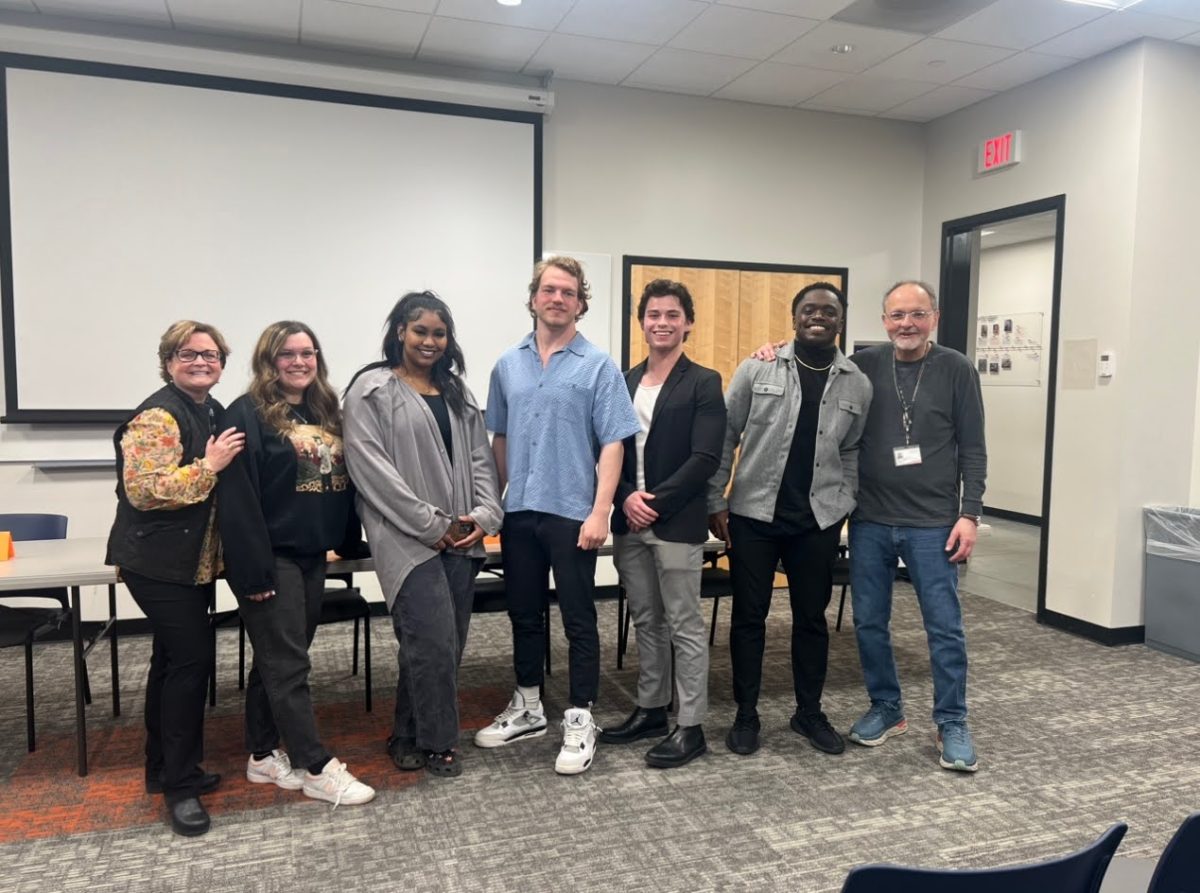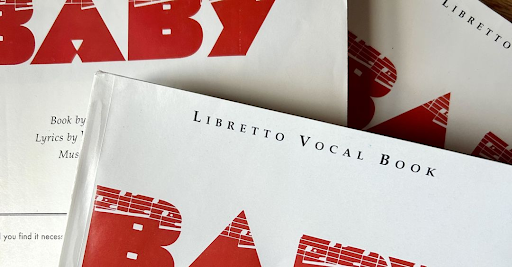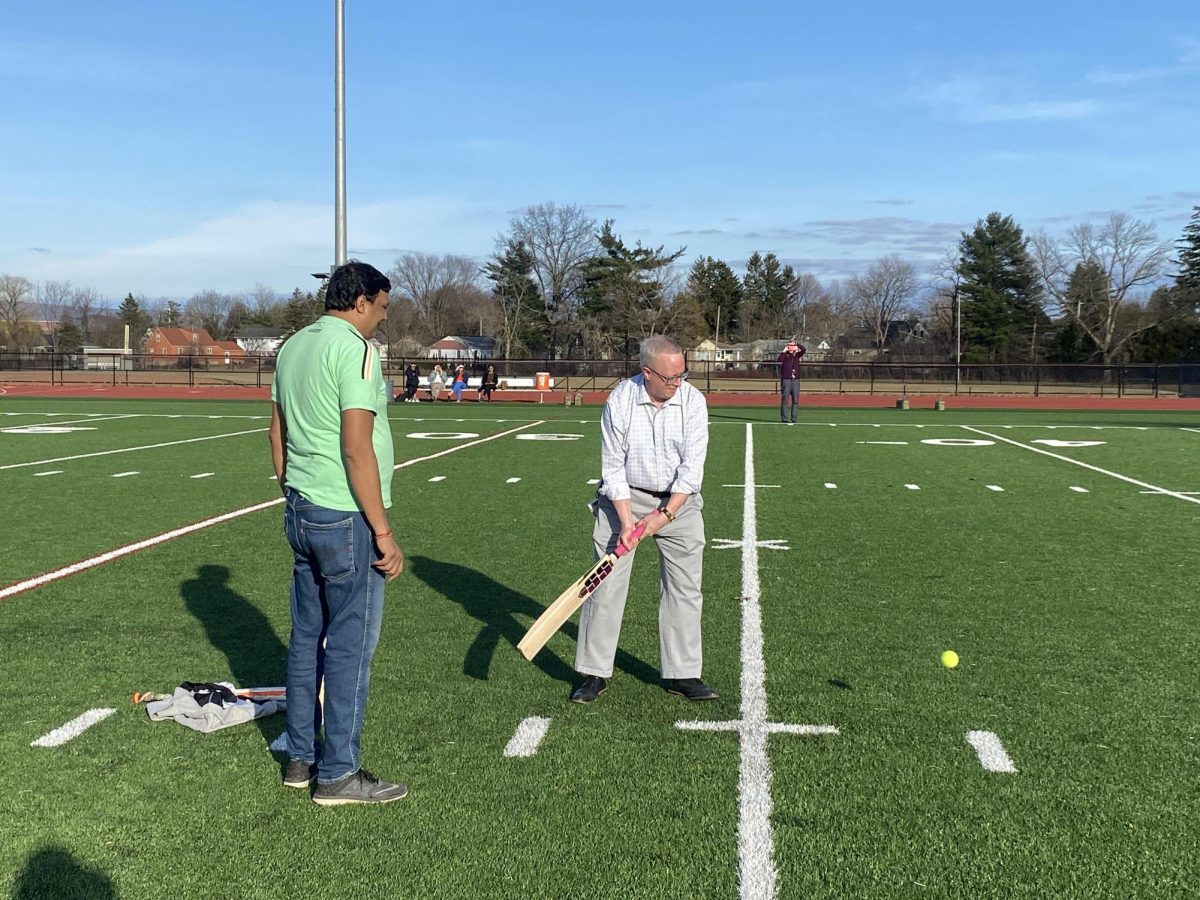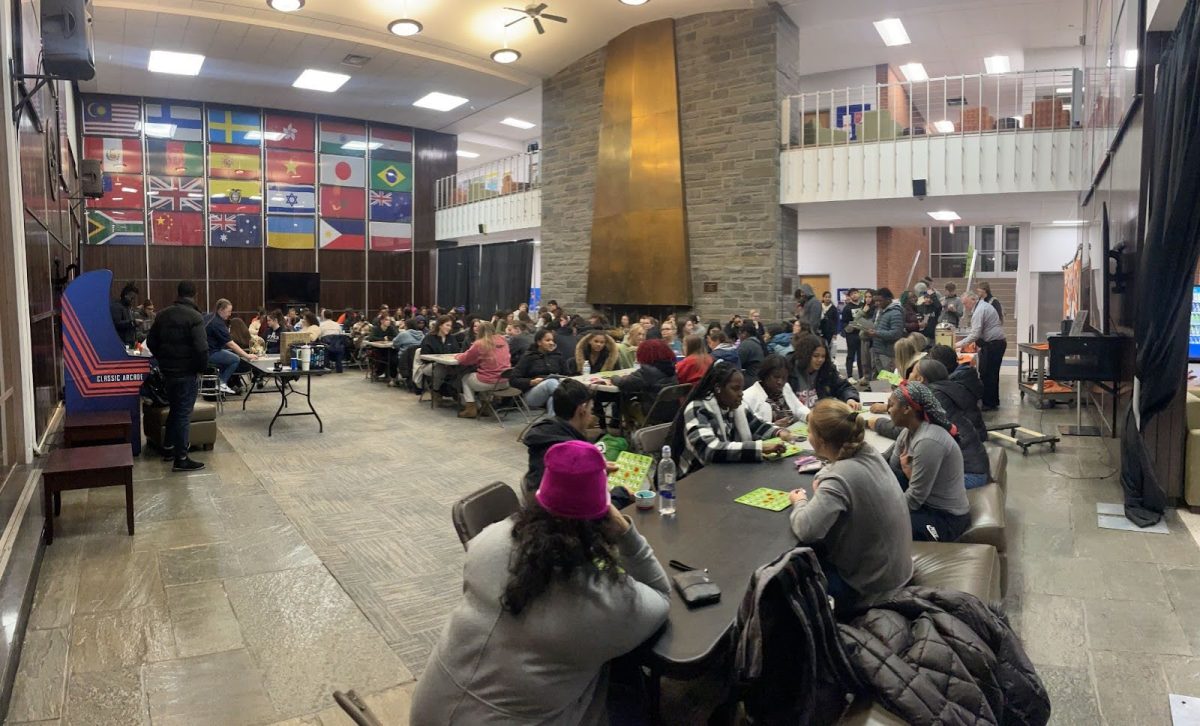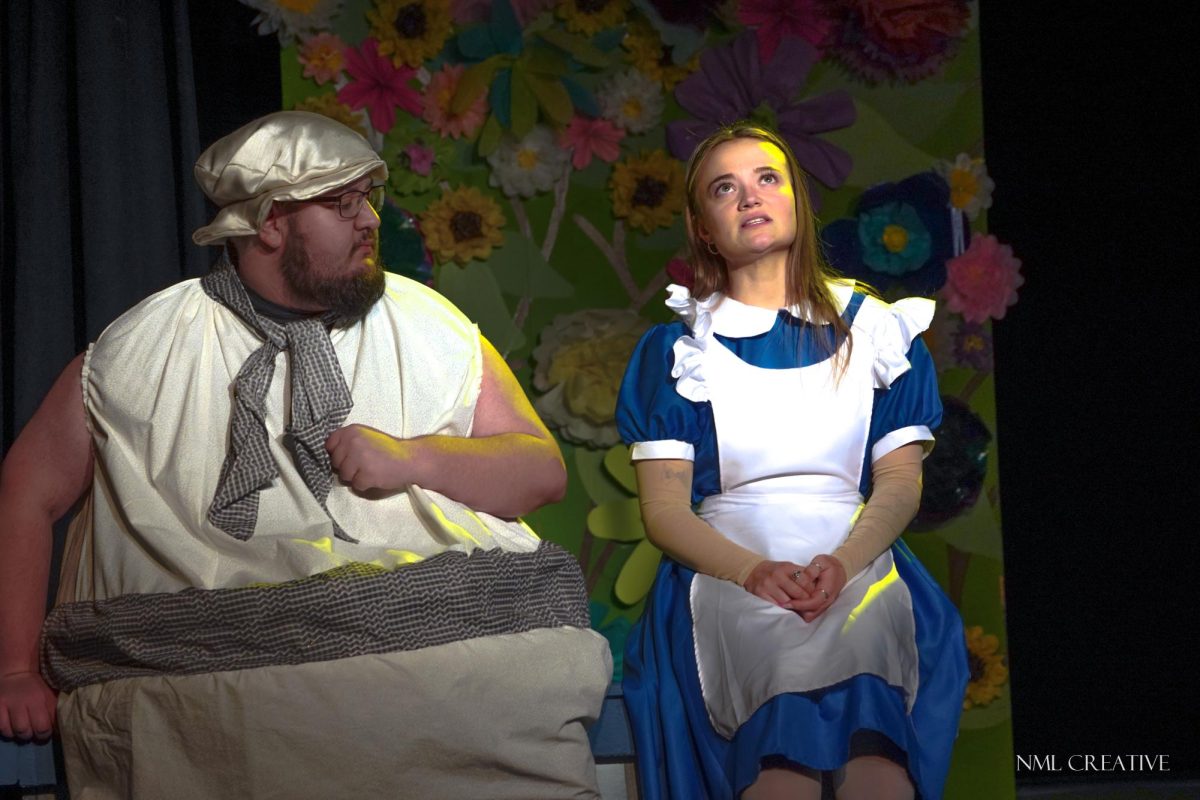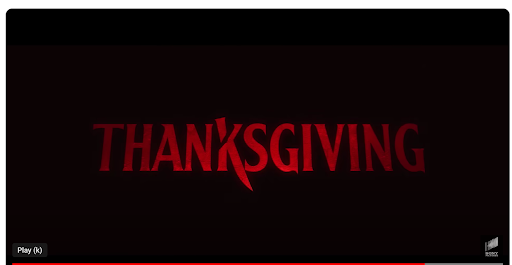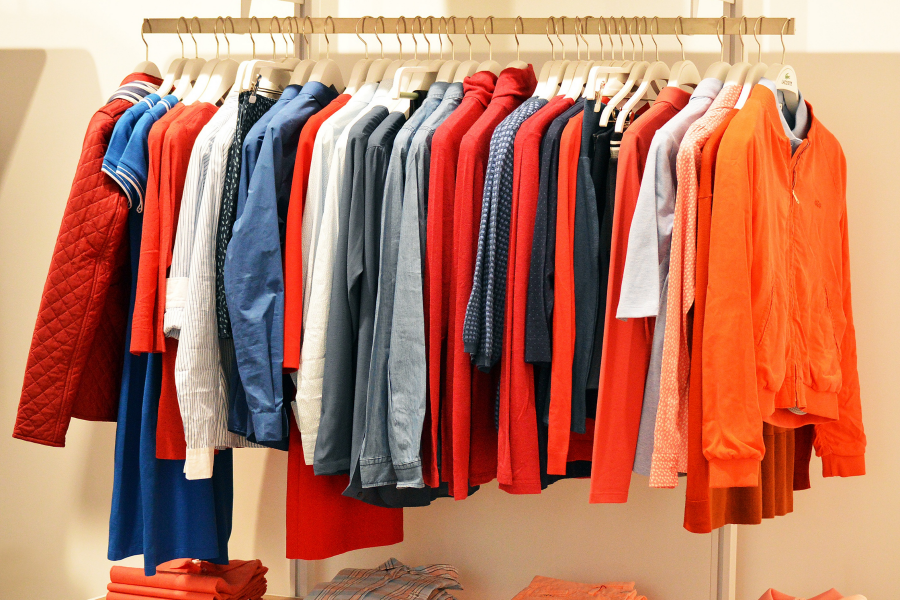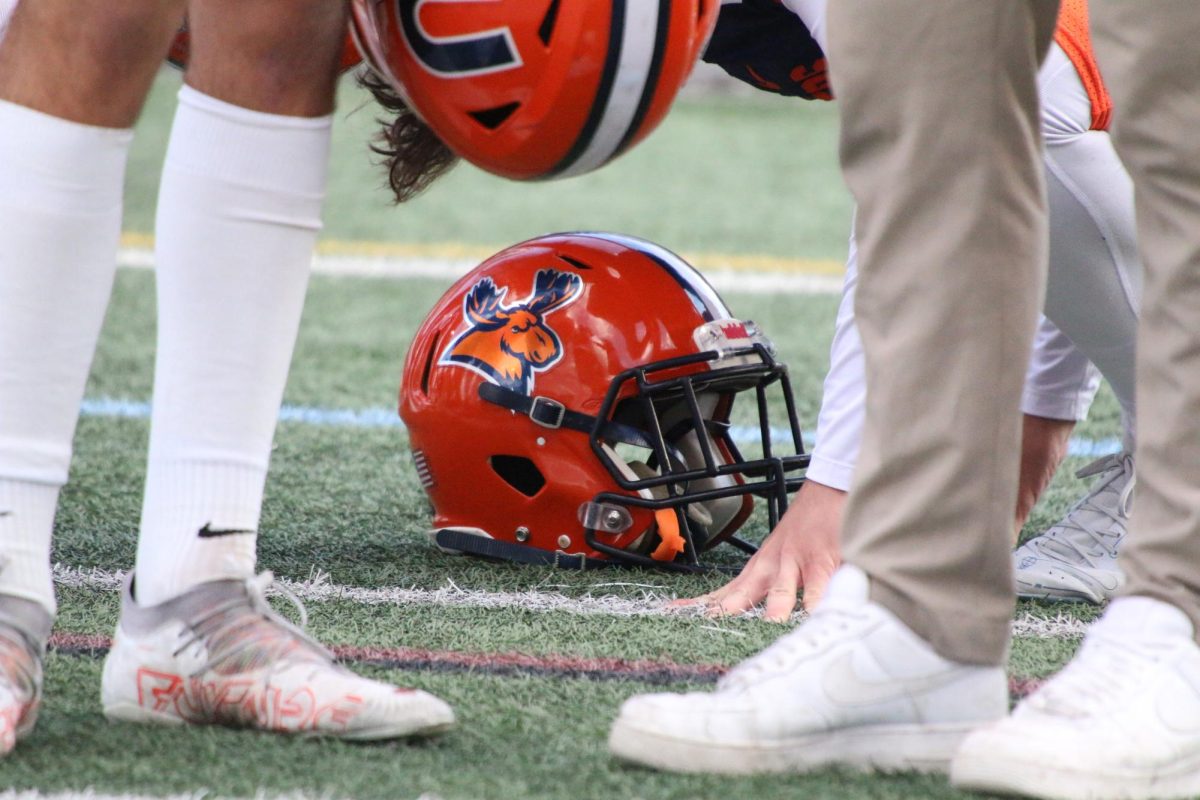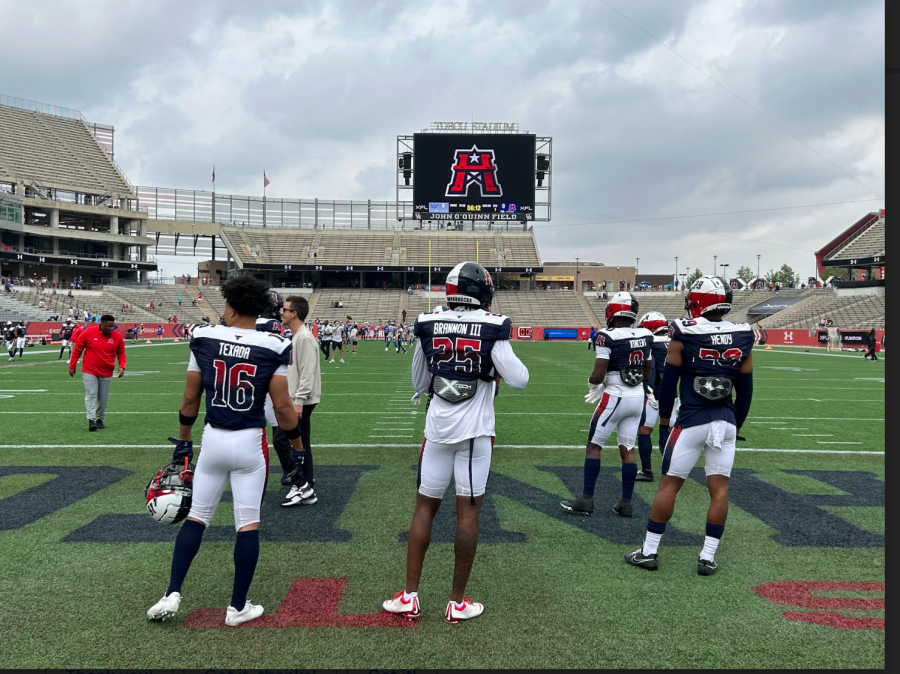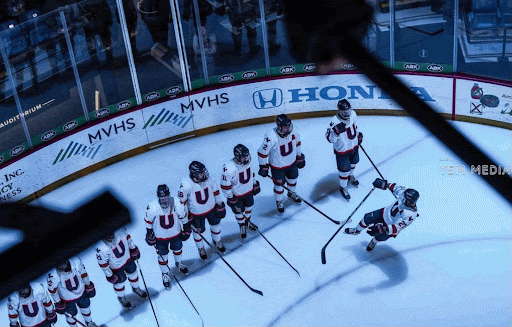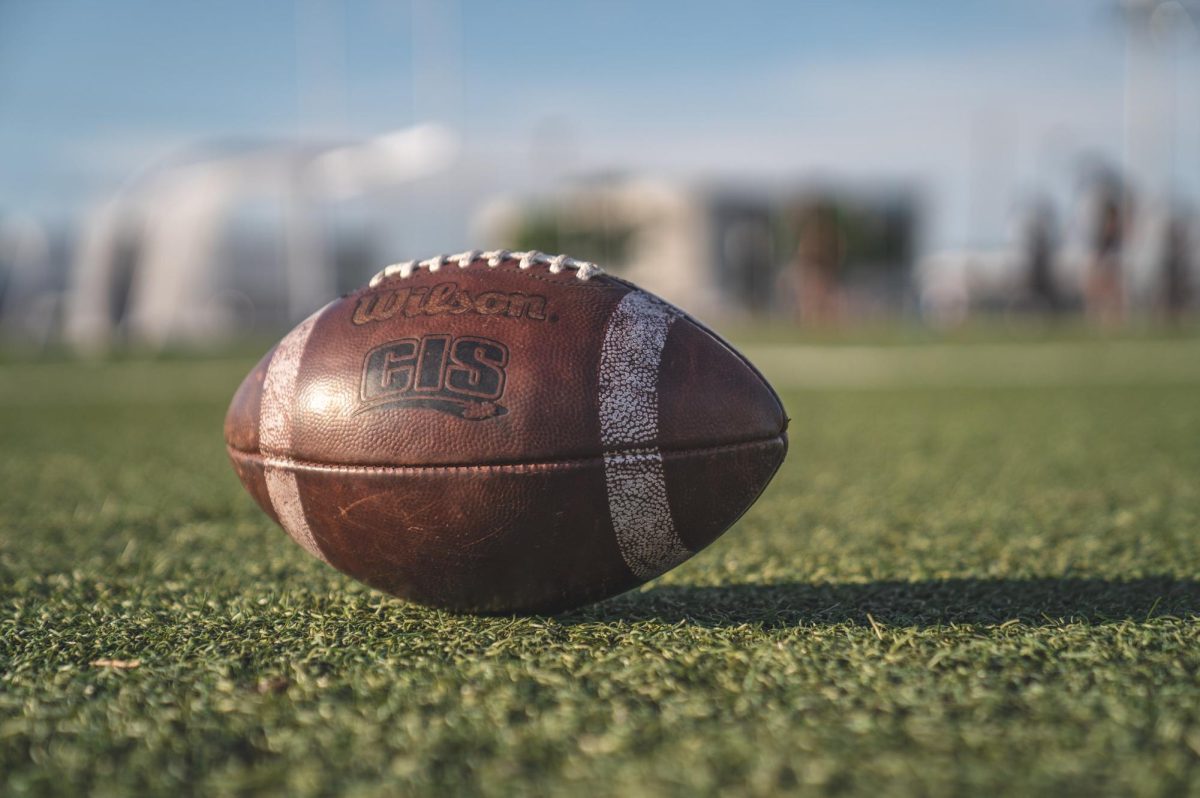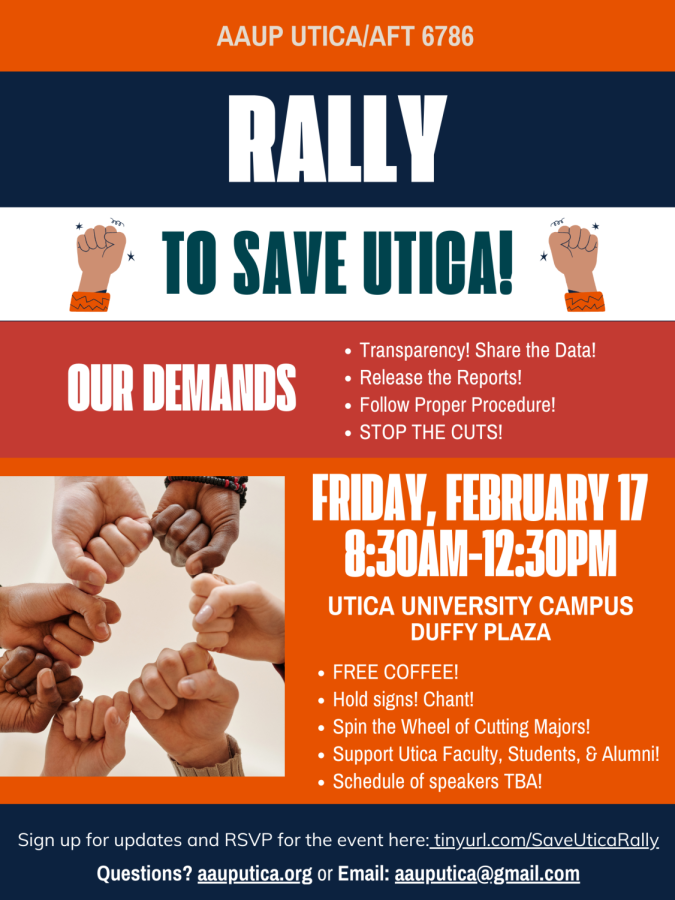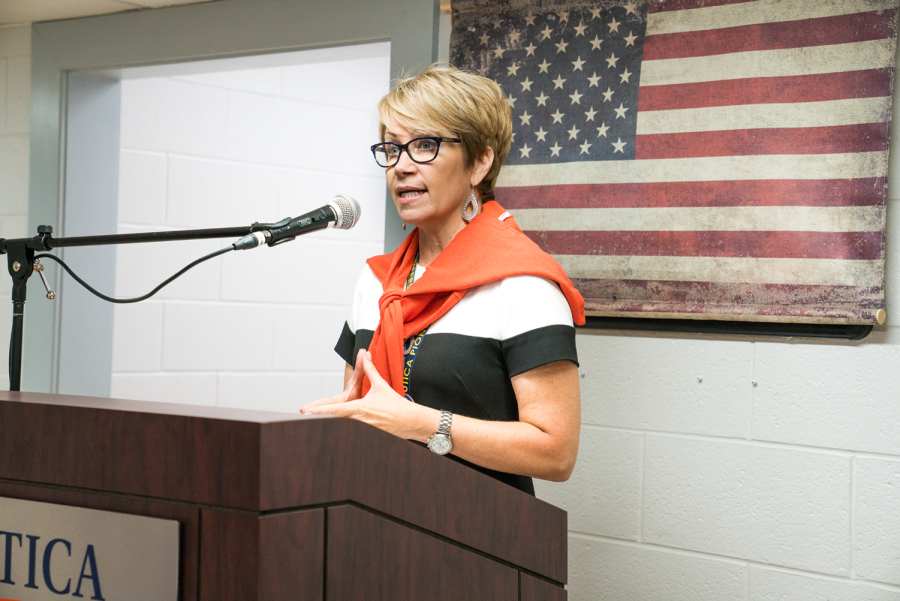Jacquelyn White, Staff Writer
A shooting in San Bernardino, California on Dec. 2, 2015 killed 14 people and wounded another 22 people. The shooters were a couple, Syed Rizwan Farook and Tashfeen Malik. They were killed four hours after the shooting occurred in a shootout with the San Bernardino police.
In the months following the attack, the FBI requested that Apple unlock one of the shooter’s phones, an iPhone 5c, because they wanted to access data that it possessed. The FBI requested that Apple come up with a new iOS system that would allow them to break the barriers of their encyption. Apple declined to help the FBI due to their policy to never undermine the security of their products and customers.
Even though the FBI is requesting Apple to help undo the encryption on the phone, many people believe that the phone has almost no helpful information. This is because the iPhone 5c was not Syed Rizwan Farook’s main cell phone, so useful information might be on another cell phone. Farook destroyed other smartphones that people think had more valuable data than the iPhone 5c that he kept.
One solution the FBI proposed was that they could physically remove the iPhone memory chip. This would require the agency to poke through the phone with a laser to try and expose the passcode to get into the phone. The main problem with this is the agency runs into the risk of completely destroying the memory chip and making it so they can’t find out what Farook had been looking up on his phone.
Austen D. Givens, Assistant Professor of Cyber Security at Utica College, had a different idea about the iOS system that the FBI was requesting of Apple. Givens believes that the case against Apple is not about terrorism. He believes that this case is about the federal government forcing a business to build a product that it doesn’t want to build. Givens hypothesized that the Founding Fathers would be horrified at such a situation, and hopes that Apple fights and wins this legal issue in court.
Shantia Hunt, a criminal justice major, thinks that Apple is in the right with refusing to help the FBI undo the encryption on Farook’s iPhone. She also supports the belief that people have a right to privacy on their phones. Hunt feels that if there is a terrorism threat, the FBI should get a warrant to the person’s phone instead of trying to go through the phone company and hack the phone.

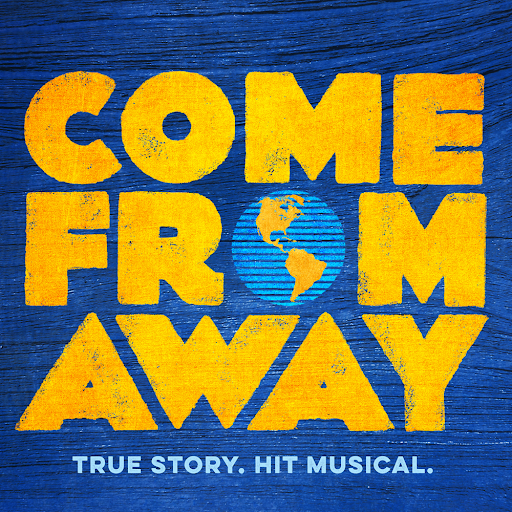





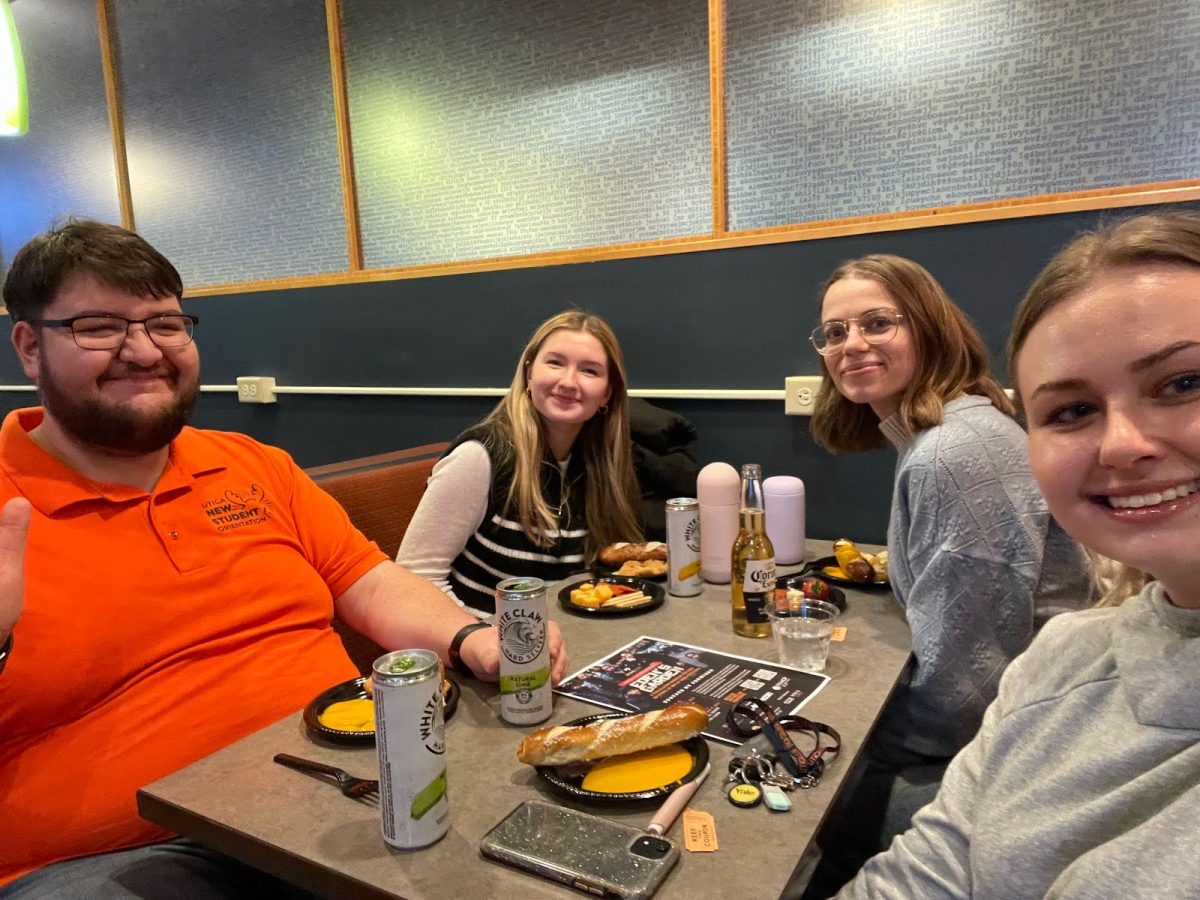










![President Todd Pfannestiel poses with Jeremy Thurston chairperson Board of Trustees [left] and former chairperson Robert Brvenik [right] after accepting the universitys institutional charter.](https://uticatangerine.com/wp-content/uploads/2023/10/unnamed.jpeg)

